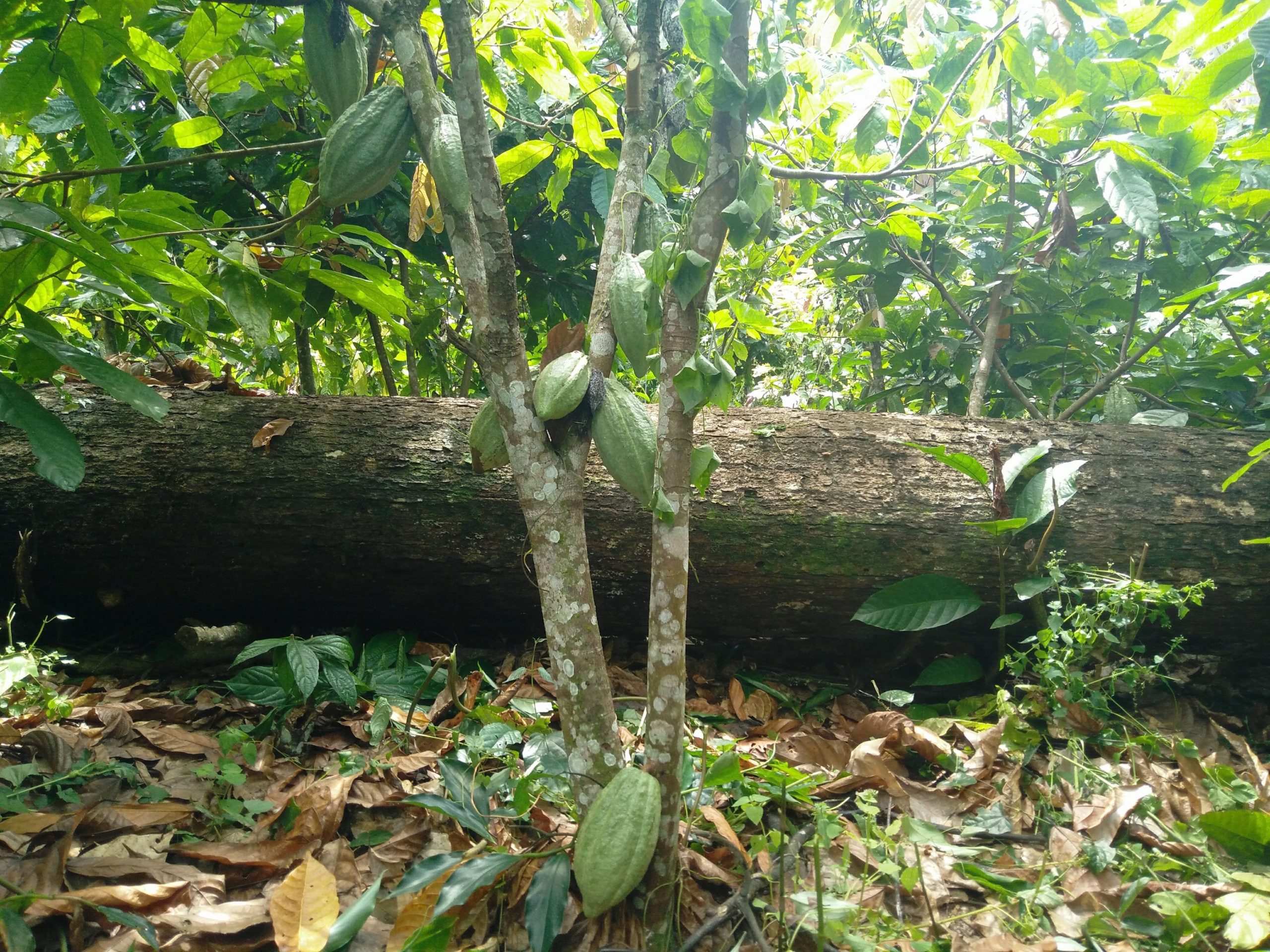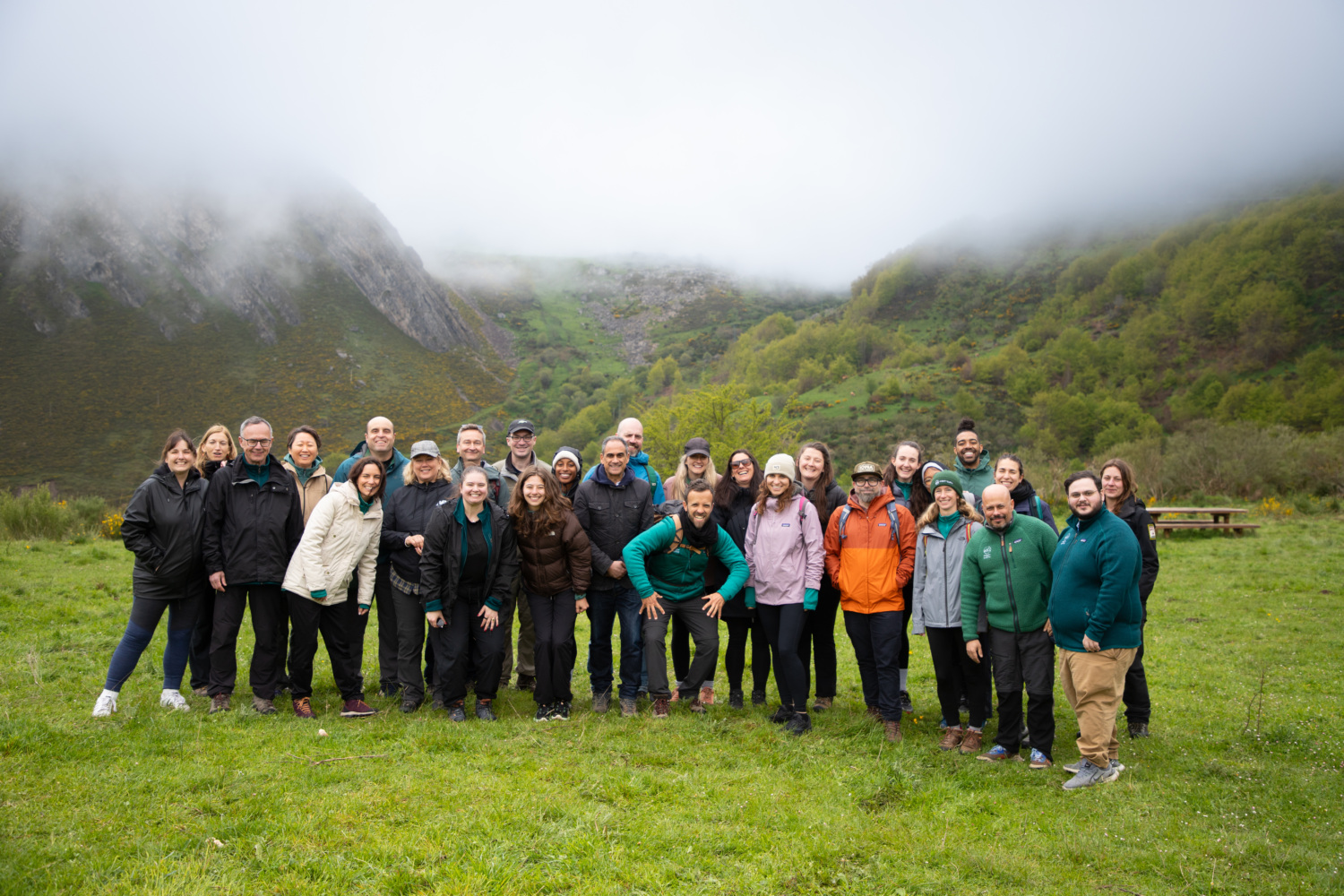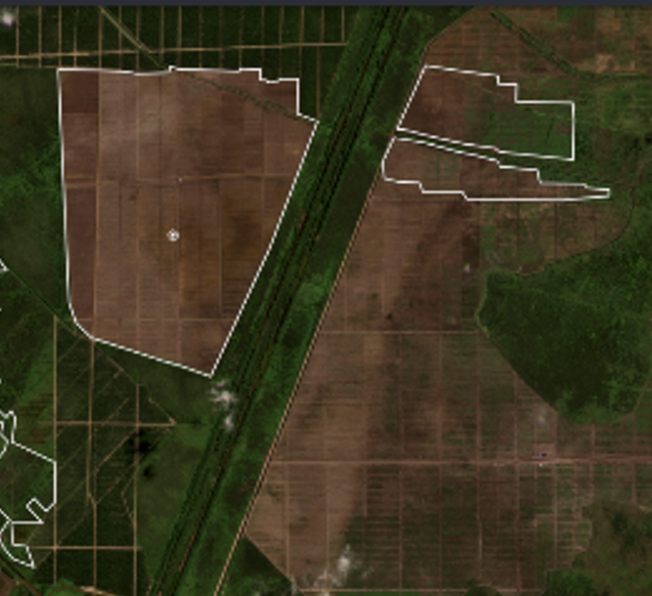
Cote d’Ivoire CFI Report Presentation: First Two Years of Implementation
Today, Wednesday, January 20, 2021, Cameroon, officially joined the Cocoa and Forests Initiative (CFI) Launched at the end of 2017 during CoP23, the CFI aims at ending deforestation in cocoa, promoting the sustainability of cocoa production, intensification of agroforestry, preservation and rehabilitation of forests, and enhancing social inclusion. As a new producer country joins this initiative, it is worthwhile to carefully examine Côte d’Ivoire’s progress detailed in their recently published implementation report for the first two years of the Cocoa and Forests Initiative (CFI).
When the CFI was first proposed Mighty Earth was strongly supportive and hopeful. The CFI promised to bring together a synergy of action between public and private sector, to end deforestation in the world’s top two cocoa-producing countries of Côte d’Ivoire and Ghana. For the first time, producing countries and the cocoa and chocolate industry were collaborating to fight against the crucial problem of ecosystem destruction and its pernicious effects on humans and the climate, particularly rainfall loss which is already severely affecting both countries.
Indeed, the Côte d’Ivoire has lost 80%- 90% of its forest cover, and Ghana’s losses are close behind – with one third of their forest loss due to cocoa. These two countries have had some of the worst rates of intensification of deforestation in the world, for decades.
However, CFI has not lived up to its promises.
One year in, Mighty Earth undertook a landmark investigation and published results in the report “Behind the Wrapper,” showing how CFI had failed to curb deforestation in cocoa. Our report broke down in detail how the dire trends of forest destruction were continuing despite CFI promises, using satellite maps and analysis of the data they provide as well as evidence from our field investigation.
Two years in, Mighty Earth took a deep dive into CFI itself. We published a paper <http://mightyearth.org/wp-content/uploads/Problems-and-solutions-concerning-the-CFI-in-Ghana-and-Co%CC%82te.-final.pdf> detailing exactly what the strengths and weaknesses of CFI were, and how to address the flaws undergirding CFI’s persistent failures. These included CFI’s unwillingness to include key stakeholders like farmer groups or NGOs; lack of serious engagement by CCC and COCOBOD; refusal to address drivers of forest loss in cocoa such as corruption or low prices and shoddy tree tenure/land tenure systems. Most importantly, our paper honed in on a crucial reason why CFI has not delivered as expected: the lack of a joint monitoring mechanism.
Because CFI failed to establish a joint monitoring mechanism for either Ghana or Côte d’Ivoire as promised, Mighty Earth has endeavored to create one by ourselves, without any financing or help from the billion-dollar chocolate industry nor from the governments that ought to have done this work. We have provided a “Cocoa Accountability Page” (soon to reach version 3.0) to compensate for the abysmal failure of CFI, industry and government. Our page and the maps on it showcase
- Land use maps
- Deforestation data
- Coop and pisteur data
- Supply chain data
- Analysis of what the satellite maps tell us about trends in deforestation for cocoa
- Forecasting of where deforestation is likely to occur
It is urgent that CFI take action to establish – as promised in November 2019 – joint monitoring mechanisms for Ghana, Côte d’Ivoire, and now Cameroon that are at least as good as what Mighty Earth has developed. Efforts that are currently afoot to develop sub-standard monitoring are not acceptable.
Having reviewed these key weaknesses, Mighty Earth does note that CFI has been able to arrive at some notable achievements in two years of implementation. The main ones include:
- a strengthened legal framework with a new Ivorian forest code (Law No. 2019-675 of 23 July 2019 and other relevant texts
- some small steps towards tree tenure reform
- acceptance of monitoring tools including satellite observation
- better equipment for the structures in charge of surveillance
- intensive reforestation actions
- the implementation of awareness-raising and repression measures
Ultimately, to meet its commitments, CFI must build on these achievements. The provision of necessary resources must be accompanied by a more structured and clear political will and a strengthened and inclusive approach. Indeed, farmers and civil society are not sufficiently taken into account, and in an equal manner, in the design, implementation, and monitoring of the initiative.
Hopes remain high for CFI’s ability to reverse the curve of uncontrolled deforestation and introduce innovations in the cocoa sector that will benefit the weakest actors in the value chain, i.e., the producers and the populations in the production areas.
Cameroon’s CFI agreement “was developed through a participatory process that brought together about 200 representatives from the public sector, private sector, civil society organizations and other experts at national and global level over the course of 2019-2020”. In the words of the event’s presentation, this framework for action is “a multi-stakeholder agreement through which the Cameroonian government, cocoa companies, farmers organizations, Civil Society Organizations and research institutions commit to working together, both technically and financially, towards the sustainable production and marketing of cocoa, the preservation and rehabilitation of forests and the inclusion of cocoa farming communities in Cameroon.”
Contrary to what was observed in Côte d’Ivoire and Ghana, Cameroon must immediately implement its commitments with all stakeholders’ participation in the sector and carry out effective monitoring and make the high ambitions a reality.


